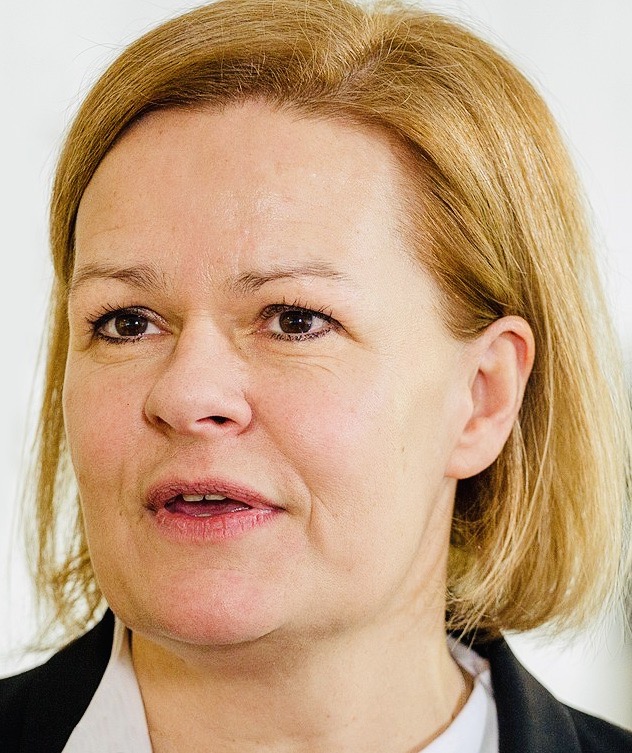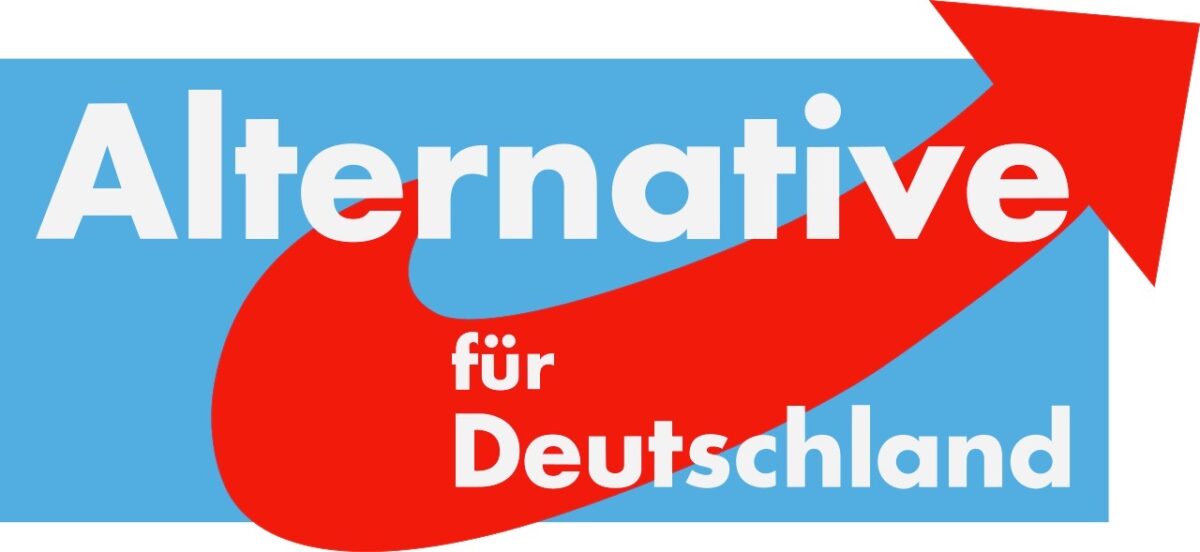A wave of protests denouncing an extreme right-wing political party swept through major German cities earlier this year, with several million Germans turning up in peaceful demonstrations to vent their fear of and disgust with the growing popularity of the Alternative for Germany (AfD) Party.
Protesters carried placards reading “Never Again Is Now,” “Against Hate,” and “Defend Democracy.” These slogans underscored their belief that Germany, having been seduced by Nazism, must never again allow itself to be captivated by an extremist party on the right.
The protests attracted upwards of 3.6 million demonstrators, and were triggered by a media report in January that right-wing extremists had convened a meeting in Potsdam to discuss the expulsion of immigrants and “non-assimilated citizens.”
Members of the AfD, a populist party that has enjoyed remarkable success since its founding in 2013, attended the meeting.
Martin Sellner, a leader of Austria’s Identitarian Movement and a man who reportedly has ties with neo-Nazis, was also among the participants. He and his followers subscribe to the Great Replacement conspiracy theory, which claims that non-white migrants are plotting to replace Europe’s “native” white population. (This theory prompted white supremacists in Virginia in 2017 to shout in unison, “Jews will not replace us,” and impelled Robert Bowers, an American neo-Nazi, to kill eleven Jews in a Pittsburgh synagogue in 2018).
News of the Potsdam meeting sent shockwaves across Germany, highlighting the role of the AfD in German politics in the past eleven years. On the eve of three regional elections in eastern Germany, where its support is strongest, the AfD is polling second in nation-wide surveys.
Amid the uproar, AfD leaders distanced themselves from this polarizing event, claiming that AfD members who chose to attend did so in a purely personal capacity. True or not, the controversy cast a spotlight on the AfD, whose popularity has grown alongside mounting German concerns about out-of control migration and a stagnating economy.
Judging by recent polls, the AfD is now the largest party in the eastern states of Thuringia, Brandenburg, Saxony, and Mecklenburg-Vorpommern, which were once part of East Germany, a marxist state that disappeared with the reunification of Germany in 1990.
Surveys taken in western Germany last October indicate that the AfD, having made significant gains among young voters, has become the second-largest party in Hesse and the third-largest in Bavaria.
Across Germany, the AfD is polling between 18 percent and 20 percent, higher than every party in the current German coalition government led by Chancellor Olaf Scholz.
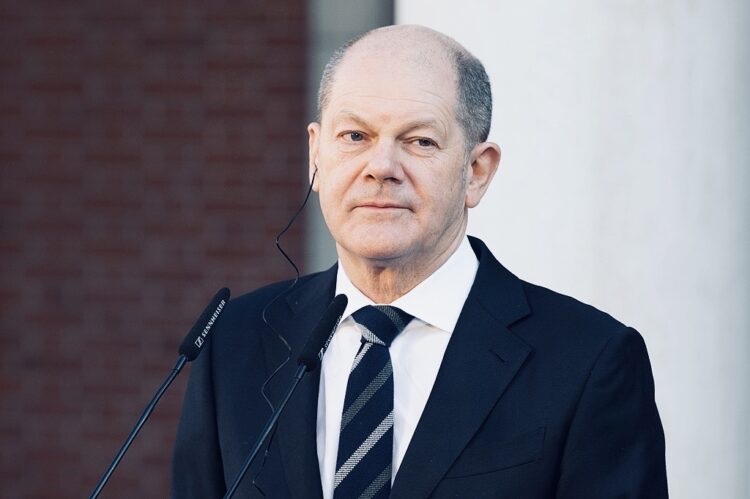
In elections for the European Parliament this coming summer, the AfD is polling second.
In 2023, the AfD rode to victory in regional and local elections. An AfD president was elected in Thuringia and an AfD candidate won the mayoralty of the Saxon town of Pirna.
The AfD acquired national prominence after electing its first members of parliament in the 2017 general election, during which Angela Merkel won her fourth consecutive term of office, thereby becoming one of the longest-serving chancellors in German history. Merkel’s center-right government was composed of the Christian Democratic Union and the Christian Social Union.
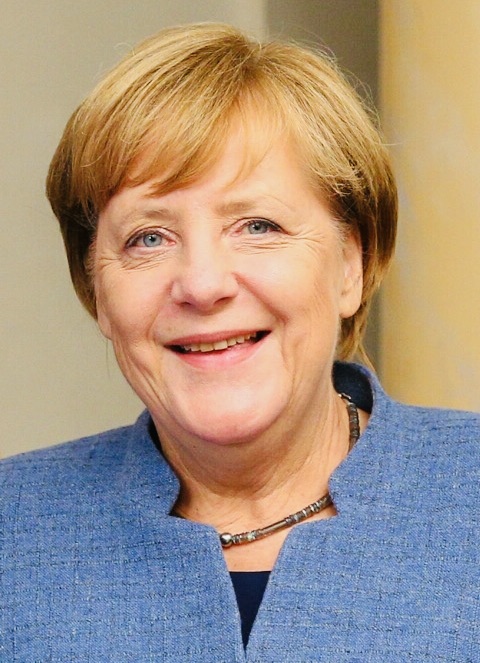
The AfD, having won 12.6 percent of the vote, became the largest opposition party in Germany, with 94 seats in the Bundestag. After the 2021 election, the AFD dropped into fifth place. Since then, its poll numbers have climbed, leaving it as Germany’s second most popular party.
Three factors account for its rise in the polls.
Since 2015, Germany had admitted more than one million Muslim migrants, mostly from Syria, Iraq and Afghanistan. Merkel’s open-door immigration policy, which was widely regarded as a form of atonement for Nazi crimes, is now often seen in a negative light by many Germans. Jews in Germany, in particular, were troubled by the influx of masses of Muslims inculcated with antisemitic and anti-Israel stereotypes and tropes.
The German economy, the third strongest after that of the United States and China, is on shaky ground and on the cusp of a recession. Exports, its cornerstone, fell by 4.6 percent, or $1.68 trillion, last year. Economy Minister Robert Habeck said recently that the government’s forecast for economic growth in 2024 had been revised down from 1.3 percent to 0.2 percent. This means that Europe’s largest economy has effectively stalled, said Habeck, who previously called Germany’s economic situation “dramatically bad.”
Germans yearn for strong political leadership, but Scholz’s ruling coalition, consisting of the Social Democrats, the Greens and the Free Democrats, appears divided and ineffective. Scholz himself seems unpopular.
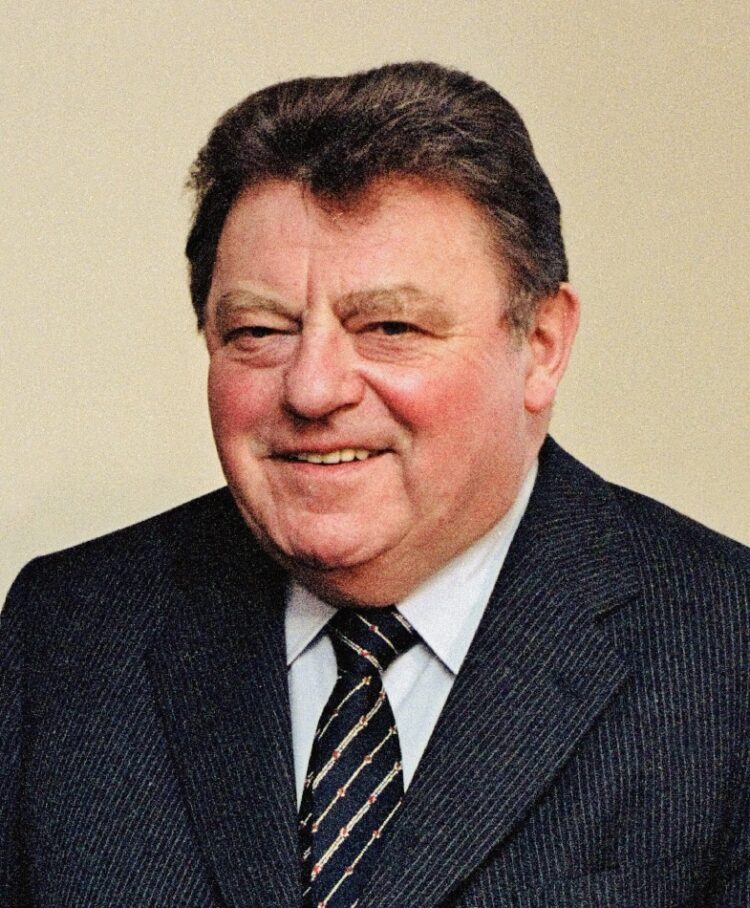
That the far right in Germany is still a force to be reckoned with is remarkable. Franz Josef Strauss, the leader of the Christian Social Union, said in the mid-1950s that “no legitimate political party can be to the right” of his own conservative party. This was another way of saying that Germany could never again countenance far-right extremism after the appalling Nazi interregnum.
Denazification programs after Germany’s defeat in 1945 were only partially successful. In 1949, the extremist German Right Party won five seats in West Germany’s Bundestag, only to lose them in the 1953 election. From the 1960s onward, the National Democratic Party, headed by Adolf von Thadden, won a handful of seats in state legislatures, but not in the Bundestag. In the meantime, the government tolerated neo-Nazi parties such as the German Social Union and the German Alternative.
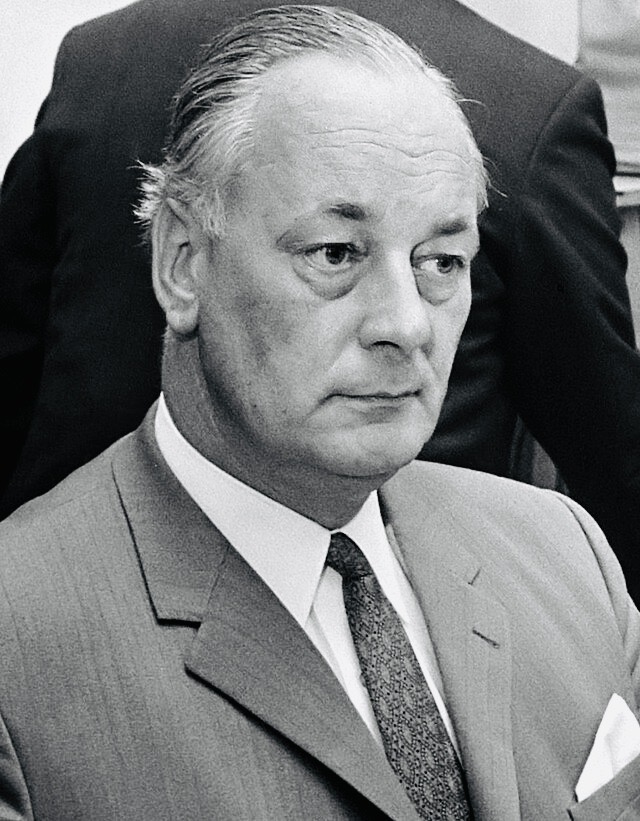
According to Germany’s domestic intelligence bureau, the Office for the Protection of the Constitution, 10,000 of the AfD’s 28,000 members are considered extremists.
Its Thuringia branch is especially radical and was placed under official surveillance in 2020, two years after its leader, Björn Hocke, condemned Berlin’s Memorial to the Murdered Jews of Europe as a “monument of shame” and demanded that Germany “make a 180-degree change in our (Holocaust) commemoration policy.”
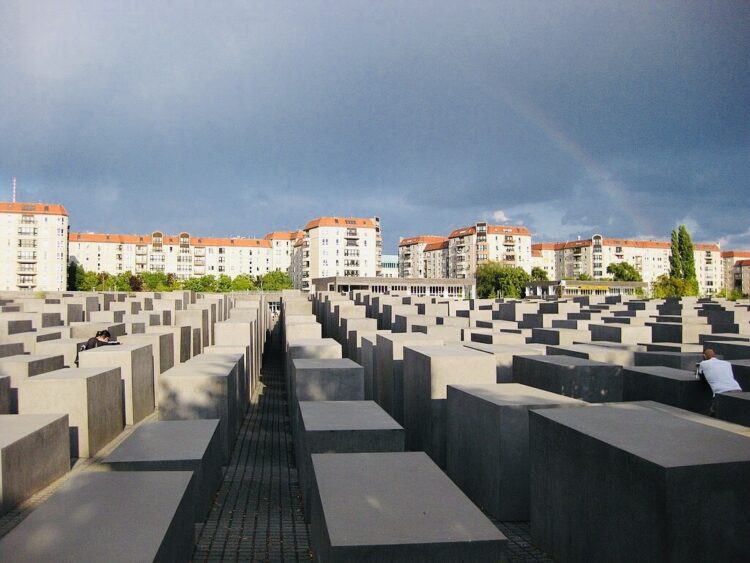
Nearly all of AfD’s leaders tried to eject Hocke from the party, but failed. After he survived a second motion to oust him, the AfD hardened its platform, calling for Germany to close its borders, deport migrants, leave the European Union, and impose a ban on Islamic symbols and practices in Germany.
Islamophobic though it may be, the AfD is not antisemitic, though some members are antagonistic toward Jews. The vast majority of Jews in Germany regard it with suspicion, while the Central Council of Jewish Germany boycotts it.
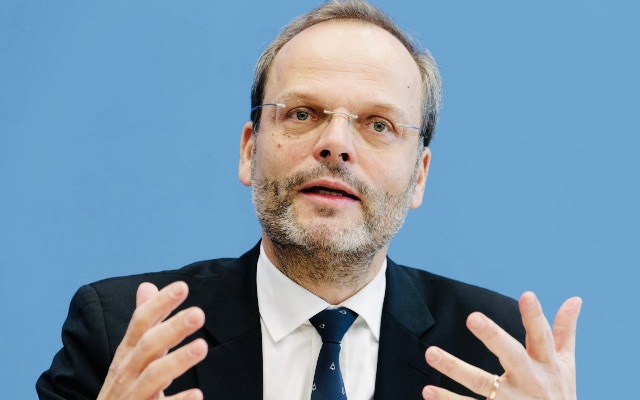
Felix Klein, the German government official charged with monitoring antisemitism, has expressed concern about the resurgence of the AfD. “I’m worried that a party like that would achieve such approval,” he told the Welt am Sonntag newspaper last year. Klein accused the AfD of condoning antisemitism, backing forces that downplay the Holocaust, and seeking a ban on the kosher slaughter of meat.
The AfD’s membership generally supports Israel and endorses a stronger relationship between Jerusalem and Berlin, polls suggest.
Since its formation, AfD leaders have compiled a history of insulting minorities or downplaying the atrocities of the Third Reich.
AfD’s leading figure in Saxony-Anhalt was compelled to step down after calling Turkish Germans “camel drivers” and referring to immigrants with dual citizenship as a “homeless mob we no longer want to have.”
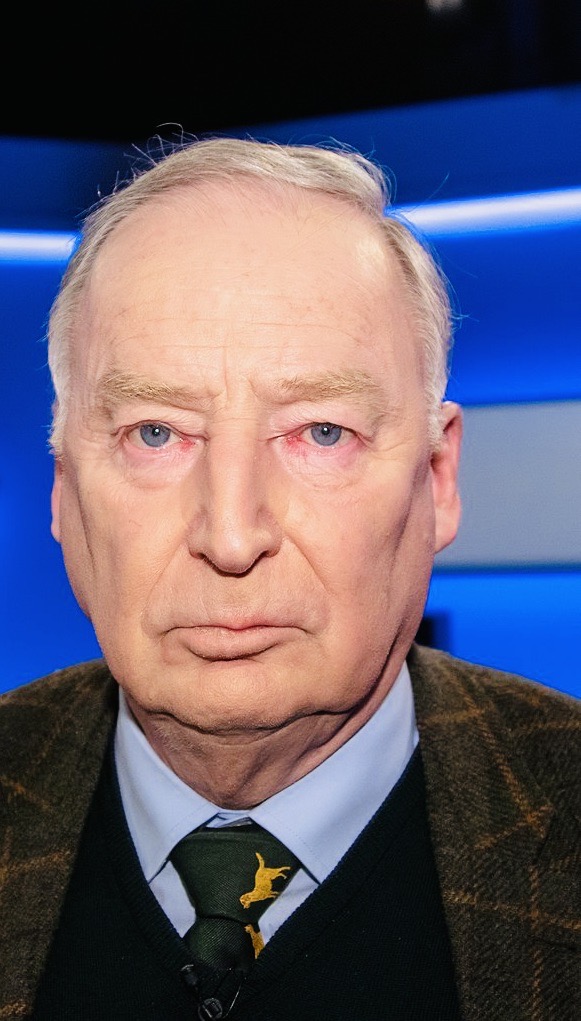
In a speech to its youth wing, the AfD’s then leader, Alexander Gauland, blithely dismissed the Nazi era as “a speck of bird shit in 1,000 years of successful German history.”
Its deputy leader, Beatrix von Storch, ignited a storm when she complained about an Arabic-language New Year’s greeting authorized by the Cologne police department. “What the hell is wrong with this country?” she declared. “Are they seeking to appease the barbaric, Muslim, rapist hordes of men?”
In the past six decades, neo-Nazi parties have been banned by a succession of German governments. But it remains to be seen whether the current government will go so far as to ban the AfD.
Recently, the Social Democrats, Scholz’s party, passed a resolution calling a ban a “clear option,” while the president of Schleswig-Holstein voiced “great sympathy for a ban procedure to be initiated, carefully prepared by the federal government.”
Few Germans believe that the government will resort to this drastic measure as long as the AfD operates within the framework of the law. More likely, German legislators may rewrite bylaws and advocate constitutional amendments to ensure that the AfD is kept in check.
Scholz has repeatedly said that he will abide by “the promise” on which “our democratic Germany is founded.” In other words, he will work ceaselessly to ensure that the forces of darkness never again gain power in Germany.
Yet, as Klein and Josef Schuster, the president of the Central Council of Jews in Germany, have pointed out, there has been a steep rise in antisemitic incidents in Germany since 2019. At one point, Klein advised Jews not to wear yarmulkes in public.
Since October 7, the day Hamas hordes attacked Israel and killed roughly 1,200 Israelis and foreign nationals, antisemitic incidents have tripled in Berlin, Germany’s cosmopolitan capital, and a synagogue in the city was attacked with incendiary devices.
In response to these incidents, more than 100 major German companies published an ad in local newspapers denouncing antisemitism under the banner of “Never Again Is Now,” while Germany’s interior minister, Nancy Faeser, announced her intention to enact a law denying German citizenship to individuals who have committed antisemitic acts.
